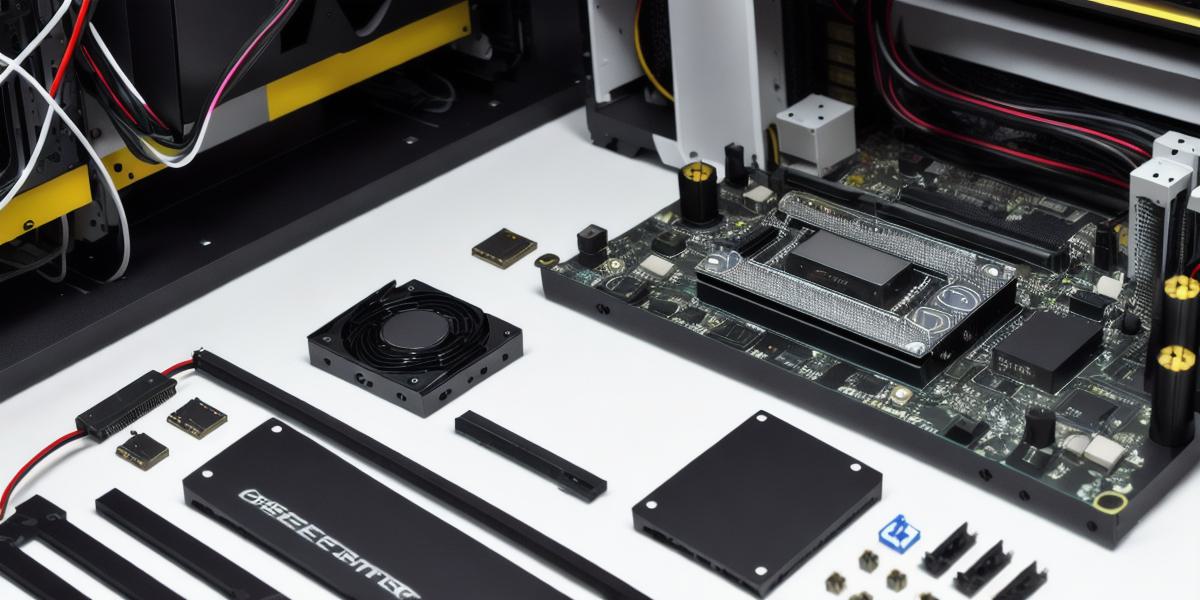As a gamer, you might have heard about the steam engine before, but did you know how it revolutionized industry? In this article, we’ll explore how the steam engine changed the way factories were run and opened up new possibilities for gaming.
The steam engine was invented by James Watt in the late 18th century, and it quickly became a game-changer for industry. Before its invention, factories relied on water power to operate their machines. However, this method had several limitations: water power was only available in areas with flowing rivers or streams, and it was difficult to control the speed of the machinery.
The steam engine solved these problems by using steam pressure to power machines. It was a simple design that consisted of a boiler, which heated water to create steam, and a piston, which converted the steam into mechanical energy. This design allowed factories to be built in areas with no access to running water, making them more versatile and efficient.
One example of how the steam engine revolutionized industry is the case of the Lancashire and Yorkshire Railway. The railway was built in 1830 and relied on steam power to move trains. With the invention of the steam engine, the railway could expand faster and more efficiently, allowing it to connect more cities and towns.
Another example of how the steam engine changed gaming is the use of steam power in video game consoles. The PlayStation 1, released in 1994, was powered by a steam turbine that allowed it to run games at a much higher speed than its predecessors. This made gaming more immersive and realistic, and it helped pave the way for modern gaming technology.
Despite its many benefits, the steam engine did have some drawbacks. It was expensive to build and maintain, and it generated a lot of pollution, which had negative effects on the environment. However, these problems were outweighed by the numerous advantages that the steam engine brought to industry and gaming.
In conclusion, the steam engine revolutionized industry with its simple design. Its ability to generate mechanical energy from steam allowed factories to be built in areas with no access to running water, making them more versatile and efficient. The steam engine also paved the way for modern gaming technology by providing a powerful source of energy for video game consoles. While it had some drawbacks, the benefits of the steam engine were too great to ignore, and its legacy continues to be felt in industry and gaming today.






